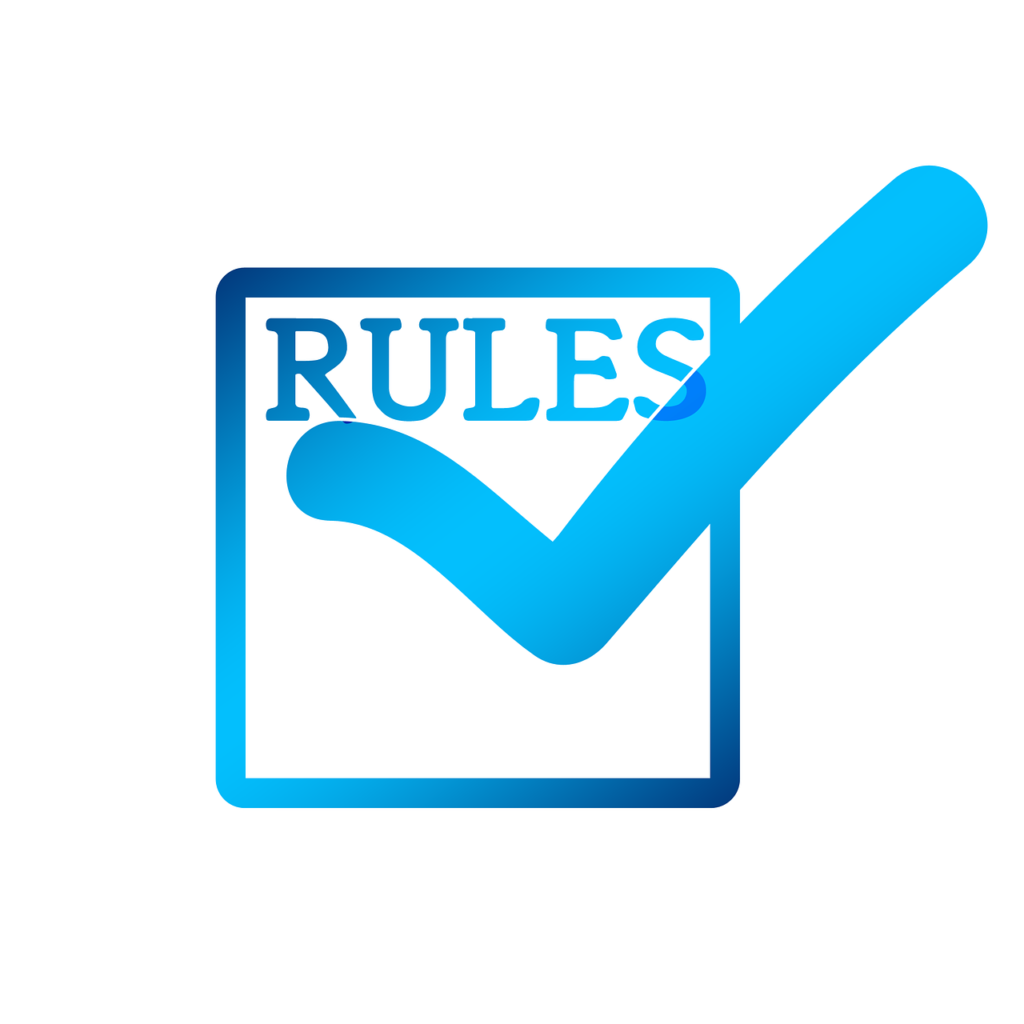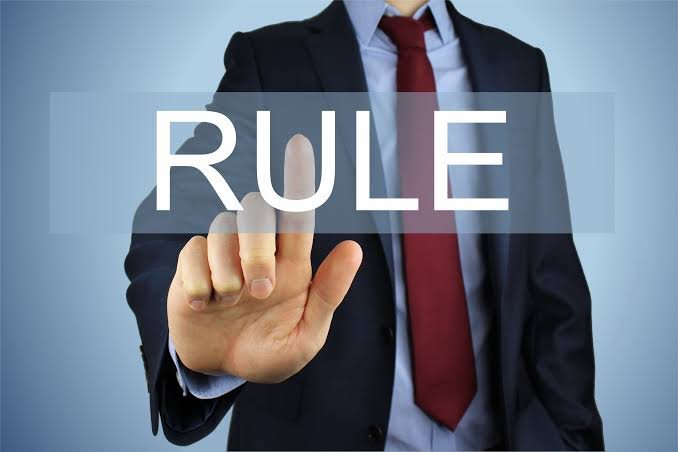
exceptions of the demand rule
- Exceptions of the law of demand mean situations and reasons in which this law does not apply. In other words, there are some situations in which the price of an item increases its demand and the Giffen contradiction – Giffen is the exception to the rule of good or substandard goods demand. When the price of a substandard object falls, the poor will buy it and vice versa. For example, when the maque price drops, poor maque are ready to spend more on items better than maque. If the maque price rises, he will have to increase the amount he’s spent on it. Otherwise he will face starvation. Thus, after a price drop in price, the amount of demand decreases and vice versa. It was first explained by Gifen and hence it is called a contradiction of Gifen.
- Status object – The rule of demand does not apply such objects, which are used as ‘Status symbols’ to increase social reputation or display money and property, such as gold, precious stone, rare painting, ancient objects etc. Rich people buy such goods mainly because their prices are high and buy them more when their prices rise.
- Expectations in relation to price change in the future – When prices of an object are expected to change in the near future, the law does not apply. For example, if the price of an item rises and still hopes to move forward, its price will go up instead of decreasing, because consumers would like to keep stock of such an item. On the other hand, if the price of an item falls and is expected to further decline in its price, its demand will decrease instead of increasing.
- Consumer ignorance – Consumer ignorance is another factor which sometimes motivates families to buy more items at a higher price. They ignorantly believe that the object with higher price is better than the low price item.
- Changes in fashion – Changes in fashion and taste affects the Commodity market differently. When heels of heels replace low heeled shoes, no reduction in the later’s price is enough to empty the stock as low heeled shoes have now been out of circulation.
- Brand Allegiance – If a consumer is loyal to a particular brand of an item, he would not like to change the brand even if there is a change in its price. For example, if Mr. X always uses the footwear of the Bata, he will continue to use this brand’s footwear, even if their prices rise.
- Requirements The rule of demand does not apply to items of requirement. For example, salt is a requirement object. Changes in salt price does not affect the demand of salt, as consumer cannot increase its consumption when the price of salt falls and can’t reduce its consumption when the price rises.
- Fear of lack – at the time of emergency or war, people can expect to lack of object. At that time, they can shop more at a higher price to keep stock for the future.
The above discussion becomes clear that there are some exceptions of the law of demand, but that doesn’t mean that the law is useless and ineffective. The truth is that almost all exceptions of this law are based on its assumptions. The rule of demand is universal and the fundamental rule of economics.
